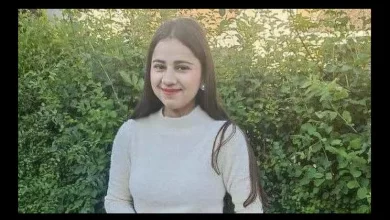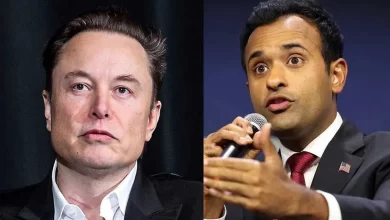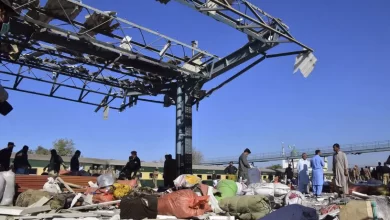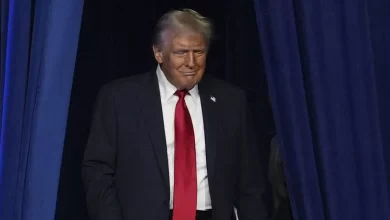Israeli army reinforces in West Bank after synagogue shooting
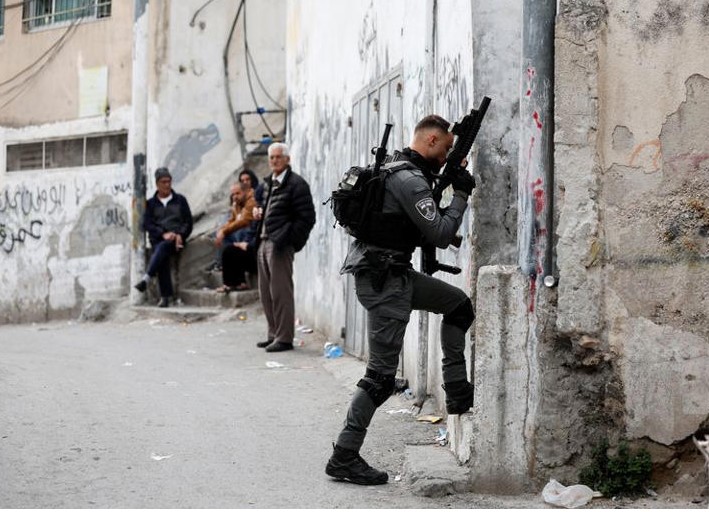
The Israeli military was sending more troops into the occupied West Bank, a day after a Palestinian gunman shot dead seven people on the outskirts of Jerusalem and another shooting attack in the city on Saturday wounded two people.
The attacks took place towards the end of a month of growing confrontation and follow an Israeli raid in the West Bank that killed nine Palestinians, including seven gunmen, and cross-border fire between Israel and Gaza.

Prime Minister Benjamin Netanyahu’s new cabinet, which includes hardline nationalist parties that have called for stronger action against Palestinians and oppose Palestinian statehood, was due to meet later on Saturday.
Friday’s attack outside a synagogue was the deadliest in the city area since 2008. The gunman, Khaire Alkam, was a 21-year-old Palestinian resident of East Jerusalem, according to police.
Alkam’s father told Reuters his son had no links to any Palestinian militant groups. He struck in an area that Israel annexed to Jerusalem after the 1967 war, a move not recognised internationally.
Police said he had tried to flee by car but was chased by officers and shot dead. Forty-two suspects, including members of the gunman’s family, had been arrested, police said.
On Saturday, police said a 13-year-old boy from East Jerusalem opened fire at a group of passers-by, wounding two people, before he was shot and wounded by one of them.
That incident took place around Silwan, a Palestinian neighbourhood in East Jerusalem that lies below the Old City walls.
The attacks underlined the potential for an escalation in violence after months of clashes in the West Bank culminating in a raid in Jenin on Thursday that killed at least nine Palestinians, the deadliest such raid in years.
“Following an IDF (Israeli Defence Forces) situational assessment, it was decided to reinforce the Judea and Samaria (West Bank) Division with an additional battalion,” the military said
Police said the gunman in the Friday attack arrived at 8:15 p.m. and opened fire with a handgun, hitting a number of people before he was killed by police.
Shimon Israel, 56, who lives nearby, said his family were starting their Sabbath dinner when they heard shooting and screaming. He opened the window and saw his neighbour running on the street to get the police.
“I told him ‘Eli, don’t go there. Eli don’t go.’ He got married only a year ago. A good neighbour, like a brother. He ran. I saw him fall there,” Israel told Reuters.
“Natali, his wife, ran after him. She saw someone here and was trying to resuscitate him. The terrorist came and shot her from behind and got her too,” he said.
The gunman’s father, Moussa Alkam, said he did not know what motivated his son, whom he said was an ordinary person with no militant ties.
“He is neither the first nor the last young man to get martyred and what he did is a source of pride,” he said.
Alkam was a relative of a 17-year-old Palestinian who was shot dead on Wednesday in clashes with Israeli forces in a Jerusalem refugee camp, his family said. But his father said he did not know whether his son acted out of revenge.
Palestinian President Mahmoud Abbas made no mention of the shootings in a statement published by the official Palestinian agency WAFA, and blamed Israel for the escalation in violence.
Abbas’s Palestinian Authority, which has limited governing powers in the West Bank, suspended security cooperation arrangements with Israel after the deadly Jenin raid.
CONDEMNATION
Friday’s shooting, on International Holocaust Remembrance Day, was condemned by the White House and U.N. Secretary General Antonio Guterres, who urged “utmost restraint”. It came days before a planned visit by U.S. Secretary of State Antony Blinken to Israel and the West Bank.
A Ukrainian woman was among the dead, Ukraine’s President Volodymyr Zelenskiy said in Kyiv.
Jordan and Egypt, Arab countries that have signed peace treaties with Israel, condemned the shooting as did the United Arab Emirates, one of several Arab states that normalised relations with Israel just over two years ago.
Lebanon’s Iran-backed group Hezbollah praised the attack and Palestinian Islamist group Hamas hailed it as a response to Thursday’s Jenin raid. The smaller militant group Islamic Jihad also praised the attack.
Shortly after Friday’s shooting, far-right National Security Minister Itamar Ben-Gvir, visited the site, where he was greeted with a mixture of cheers and anger. “The government has to respond, God willing this is what will happen,” he said.
Netanyahu, whose nationalist-religious cabinet seeks to expand settlements in the West Bank, urged people not to take the law into their own hands but said measures had been decided.
Earlier on Friday, militants in Gaza fired rockets at Israel, causing no casualties but drawing Israeli air strikes in the blockaded coastal strip controlled by Hamas.
The Palestinian health ministry said on Friday three Palestinians were taken to hospital after being shot by an Israeli settler in the northern West Bank.
Violence in the West Bank surged after a spate of lethal attacks in Israel last year, under the previous Israeli government. At least 30 Palestinians – militants and civilians – have been killed there since the start of 2023.
(Additional reporting by Ammar Awad and Eli Berlzon in Jerusalem; Nidal al-Mughrabi in Gaza and Ali Sawafta in RamallahWriting by Dominic EvansEditing by Frances Kerry)


